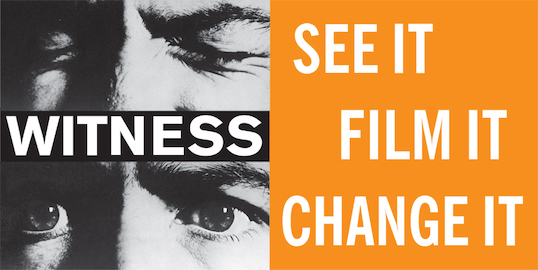As members of York University's community, we are accountable to the university's code of conduct as well as a number of overlapping and intersecting systems of ethical protocols. Depending on the kind of work that you take up, you may also be required to identify and contact rights holders to seek consent and permission to incorporate third party content or other intellectual property into your final work. Here are some resources and tools for addressing questions and issues around filming in public, respecting third party privacy, citation of media, incorporation of creative commons material, research ethics, and managing copyright.
Making & Media Creation Quick Links
Scott (Rm 207)
- Sun: Closed
- Mon-Thu: 11AM-5PM
- Fri-Sat: Closed
Markham
- Sun: Closed
- Mon-Fri: 9:30AM-4PM
- Sat: 11:30AM-4:30PM
Digital Citizenship

Considerations when using video in class assignments
Part of the SmART Lab suite of instructional tools and resources, this page provides practical advice and strategies around filming in public, contributing to a safe and respectful online environment, filming copyrighted material, and determining if and when you require your participants to sign a media release.

WITNESS: Video Advocacy Curriculum
The WITNESS Video Advocacy curriculumcontains 7 modules and 37 individual sessions which cover both advocacy strategy and hands-on video production. Though originally designed for an eight to ten-day training, we encourage you to explore the sessions that interest you, download the materials and tailor the curriculum for your individual use.
Additional York Resources
Trauma-Informed Approaches
When approaching sensitive subject matter or working in community, approaching media projects with a trauma-informed and consent-based practices can reduce the risk that your work will replicate harm or trigger a trauma response. Depending on the communities you are working with, you may have additional protocols that you need to integrate into your work. Here are some resources around trauma-informed practices that focus on the creation and use of audiovisual material.

- Interviewing Survivors of Sexual and Gender-Based Violence (WITNESS.org)
- Reporting on coronavirus: Handling sensitive remote interviews (Dart Center)
- Interviewing with Care (WITNESS.org)
- This guide is for activists, advocates, journalists, filmmakers and anyone conducting interviews on camera for advocacy, media, historical or artistic purposes with individuals who have been directly impacted by state-sanctioned violence.
- Obtaining Informed Consent (WITNESS.org)
- Informed consent is a legal and ethical obligation of human rights defenders to protect the safety, security and dignity of their interviewees. This video covers the main elements of informed consent.
- Working with Traumatic Imagery (Dart Center)
Work with us!

Upcoming Workshops

Get In Touch
Unless otherwise noted, all content on this site is available under a Creative Commons-Attribution 4.0 License
